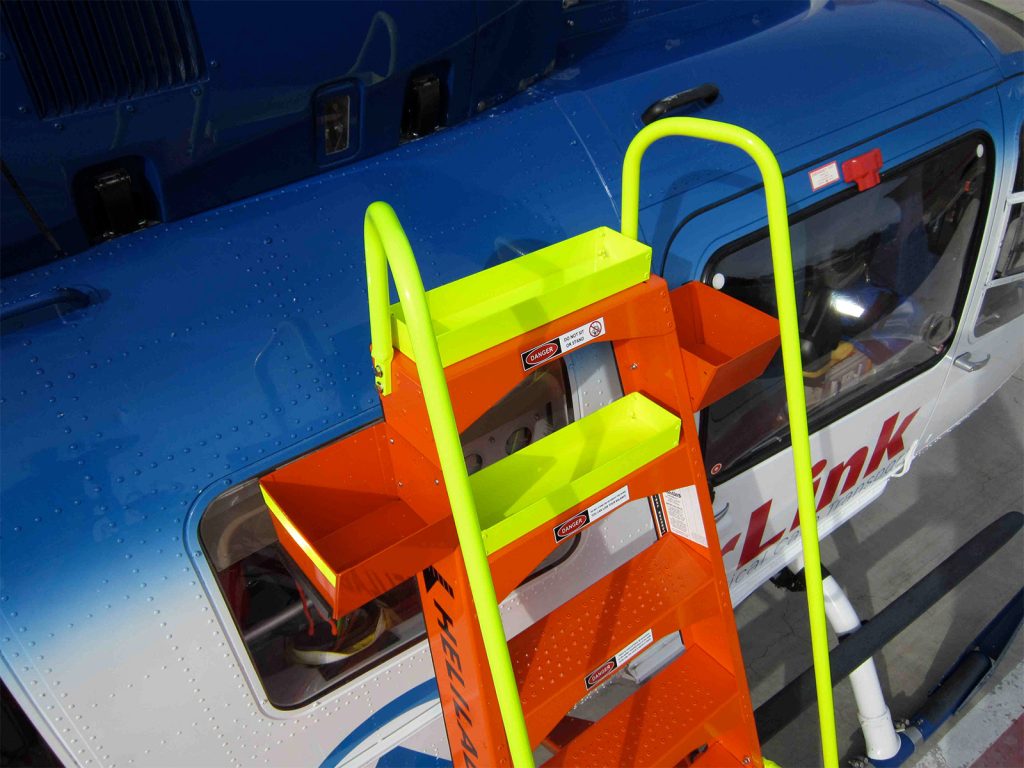Bearings serve as essential mechanical components that allow for frictionless movement in machinery, enhancing performance across diverse applications. From small gadgets to large industrial systems, bearings are integral to efficient operation. This article examines the different types of bearings, their functions, and their vital importance in ensuring machinery efficiency and durability.

What are bearings and how do they operate?
Bearings are devices designed to support motion between parts, providing a smooth path for movement. They carry loads and minimize friction, with common variations including ball bearings, roller bearings, and sleeve bearings. The choice of bearing is influenced by the application, load, and speed requirements.
What types of bearings exist?
Key bearing types include:
- Ball Bearings: Use spherical balls for reduced friction, ideal for high-speed applications.
- Roller Bearings: Utilize cylindrical rollers to accommodate heavier loads and provide enhanced stability.
- Needle Bearings: Compact roller bearings for tight spaces, featuring a small diameter.
- Sleeve Bearings: Economical sliding bearings without rolling elements.
How do bearings influence machinery performance?
Bearings directly affect machinery efficiency and lifespan by reducing friction and wear, leading to energy savings and better overall performance. Efficient bearings also mitigate vibration and noise, contributing to smoother operation.
What is the role of bearings in geosynthetic projects?
In geosynthetic projects, such as those involving geonets, bearings are crucial for the machines used in their installation and maintenance. Geonets are vital for drainage and reinforcement in engineering, and bearings ensure that equipment functions properly, facilitating accurate handling of geosynthetic materials.
Bearings are critical components that promote efficient movement and reduce friction in mechanical systems. Understanding the types of bearings and their applications can greatly enhance machinery performance and durability. In the context of geosynthetic materials, well-functioning bearings are essential for successful installation and operation, underscoring their importance in both everyday and specialized applications.